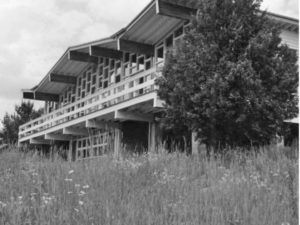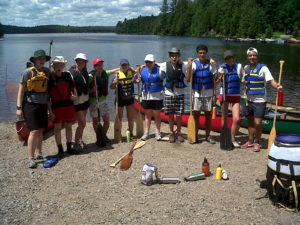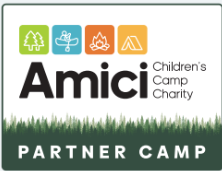 International Campers – You’re Always Welcome in Canada
International Campers – You’re Always Welcome in Canada
Imagine you’re 12-years-old, you just finished school for the summer, and you’re about to go on an adventure: you’re headed to summer camp. Now imagine you live outside of Canada. So, you pack your bags, say “au revoir,” “adios,” or “Zài jiàn” to your parents, and you hop on a flight. Waiting at the arrivals gate, an enthusiastic – sometimes too enthusiastic – counsellor holds up a sign with your name on it and you embark on a summer full of fun, friendship, and lifelong memories.
For a growing number of international campers, this is a familiar story – a routine they excitedly anticipate every year. Thousands travel here from all over the world, speaking an array of languages, practicing a range of religions, and coming from a variety of cultures. And regardless of these differences, whether they’re from Lebanon, China, or just down the road, summer camp unites them all.
While certain countries talk about closing borders, Canadian summer camps await international campers with open arms. As they settle into their cabins, find their bunks, and meet friends old and new, they all find a shared home right here. These are places where kids are free to be kids, whatever their backgrounds.
International parents see how valuable this experience can be for their children, giving them a way to connect with the incredible Canadian wilderness, a chance to forge different relationships, and an opportunity to develop their English. In fact, some kids that arrive not knowing a word of English end the summer carrying out all manner of conversations. Similarly, local parents often request that their child bunk with international kids to expose them to new cultures and foster learning opportunities.
Of course, in canoes, on swim docks, atop rock walls, and across soccer fields, everyone speaks the same language: camp. They communicate through laughter, smiles, and in-jokes. They’re all in it together.
So, why does this work at camp? Camp is – and always has been – a safe-haven for children. It’s a place designed to bring people together and bring out the best in all of them. Here, they can learn and grow, free from judgement in an environment where diversity is celebrated and individuality is encouraged.
A camp’s culture may start with its staff and its traditions, but every year it is bolstered, enhanced, and redefined by the people that call it “home” – even if only for a couple of weeks. No matter where children come from, the languages they speak, or the customs they keep, they’re all in this together – they’re all summer campers.
Grayson Burke
Camp Director
Cedar Ridge Camp






